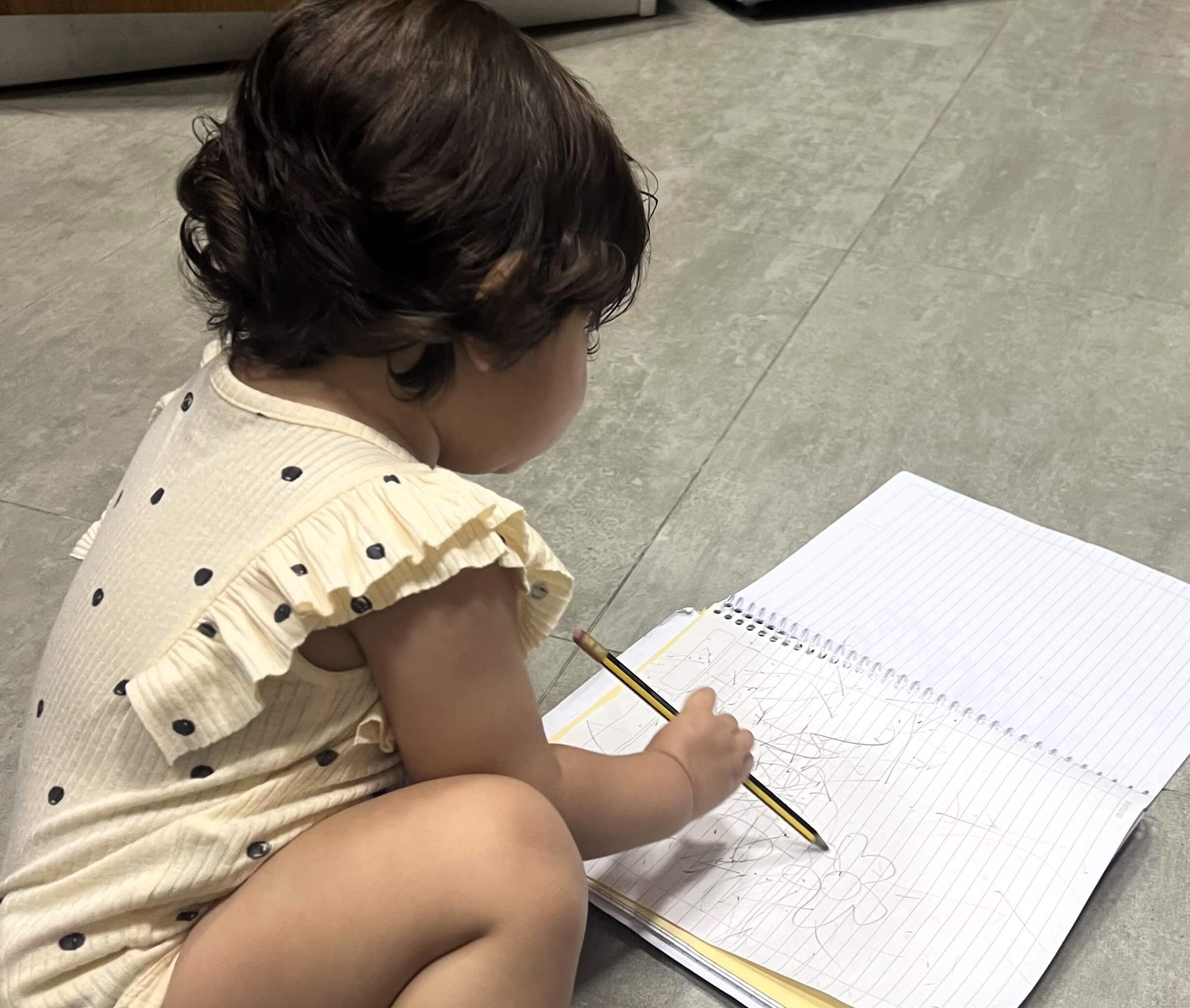When the Impact Isn’t Visible — But Everything Feels Different
After a head injury, it’s common to feel “off” in ways that are hard to describe. Maybe it’s memory lapses, trouble focusing, mood swings, or a sense that your mind isn’t working the way it used to. Even mild concussions can have lasting effects — especially when the emotional, relational, or cognitive shifts go unnoticed or dismissed.
At MapleTree Psychotherapy Center in Dubai, we offer assessments for concussions and brain injuries that prioritize both function and feeling. It’s not just about measuring change — it’s about understanding what that change means for you, your relationships, and your recovery.

What We Explore Through Brain Injury Assessments
We approach post-injury assessment with the understanding that healing isn’t linear — and that each brain responds differently.
Together, we explore:
- Memory difficulties, concentration problems, or slowed thinking
- Changes in emotional regulation or mood since the injury
- Sensitivity to light, sound, or overstimulation
- Shifts in identity, self-confidence, or social functioning
- Impact on school, work, or daily routines
- The emotional weight of not feeling “like yourself”
Whether the injury was recent or years ago, our work begins with curiosity — not assumption.
Our Assessment Approach
We use a collaborative, integrative framework designed to understand both cognitive function and emotional experience.
Our approach includes:
- Return-to-play or work readiness evaluation, when applicable, done with safety and care in mind
- Neurocognitive screening tools, such as the SCAT, ImPACT, WAIS, WISC, NAB, RBANS, DKEFS, to assess attention, memory, and processing assessments, tailored to your post-injury profile
- Collaborative care planning, often including medical professionals, coaches, educators, or employers
- Multicultural and contextual sensitivity, especially relevant in Dubai’s fast-paced, high-performance settings
We don’t just assess for deficits — we listen for what’s changed, what’s been lost, and what support might help rebuild.
Who Brain Injury Assessments Support
These assessments may be helpful for:
- Adolescents and adults recovering from concussion or head trauma
- Athletes or students needing support with return-to-play or academic accommodations
- Professionals experiencing subtle but persistent changes post-injury
- Individuals in Dubai navigating recovery far from familiar care systems
- Families or partners who’ve noticed behavioral or emotional shifts in a loved one post-injury
Sessions are available in English. Translation services may be arranged as per need and availability.
There’s No Shame in Needing Support After a Head Injury
Even if you “look fine,” recovery from brain trauma can be complex and deeply personal.
We’re here to walk that path with you — carefully, thoughtfully, and at your pace.




